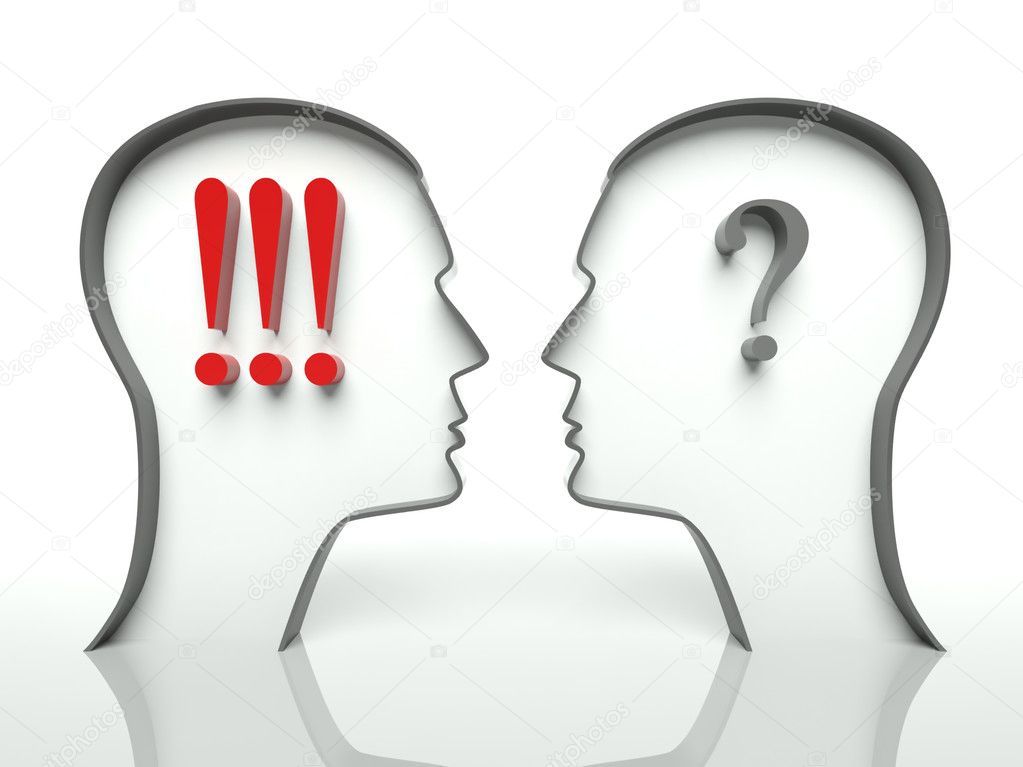How many of us are conscious of the 'light pollution' that is part of our daily life and will continue to grow. We like comfort and ease that has enabled great progress but we don't realize the price we pay.
The Catholic News Weekly in Light of the World column helps the readers to appreciate some of the issues involved.
In 1962, during the Cold War era, society was pouring everything into post-war recovery and economic growth, Rachel Carson, an American writer, and environmentalist, wrote The Silent Spring. A classic in the environmental field, this work explains environmental destruction and human greed under the theme of reckless development and destruction, chemical use, and nuclear waste. It also warns that pollutants and harmful chemicals will threaten not only plants and animals, but also humans, and emphasizes the need for a civilization that lives with nature, not just for convenience and pleasure.
What's interesting is the title 'Silent Spring', why is it silent? The silence of spring symbolizes two things. First, it means broken nature and ecology, and second, it means ecosystems and environments that do not work. Furthermore, the silence of spring will lead to the silence of life— death, and devastation. Humans and nature are closely connected and deeply influence each other.
When referring to the environment, the two words eco and environment are quite different. The English word environment means our surroundings, the external situation. The English word 'eco', means ecology, nature, and habitat, (way of life) not just the environment. 'Eco' comes from the Greek word "Oikos", meaning home or place to live— based on the fact that nature and humans are connected as one body.
Therefore, the two words essentially contain differences in the way they view ecology and the environment. The environment is a human-centered concept that can be limited to plants and animals being used and controlled. 'Eco' nature is very close to humans and humans are healthy only when nature is healthy. In the past, nature had mythical attributes and was worshiped, but in modern society, it has become an object of use and exploitation.
Ecology emphasizes the responsibility and vocation to care for and cultivate God's created nature and the world, in which humans humbly view themselves as a part of nature. We are talking about doing the right thing together. Isn't that the beginning of establishing the correct thinking about nature and life?
Recently, we have seen shocking images of a beach on Jejudo Island, famous for its beauty. They were shown on TV and SNS after tourists visited the area and enjoyed its beauty. The beach was a mess with empty bottles of alcohol, and all kinds of garbage left behind. Local residents cleaned up the stench from the mess and appealed that visitors clean up after eating.
But is it just a concern for summer vacation? Shopping and excessive consumption are increasing, plus the use of disposable items, and waste increases. Our common home, Earth, is getting sick with trash and garbage. Now, it is not the level of environmental pollution and destruction, but the degree of environmental disaster we are experiencing. Actions are urgent. Again, it requires our will and effort to accept inconveniences and difficulties and to respect our neighbors and nature at the same time.
The biblical message and the Church's Magisterium represent the essential reference points for evaluating the problems found in the relationship between humans and the environment. The underlying cause of these problems can be seen in man's pretension of exercising unconditional dominion over things, heedless of any moral considerations which, on the contrary, must distinguish all human activity (#461 Compendium of Social Principles).






